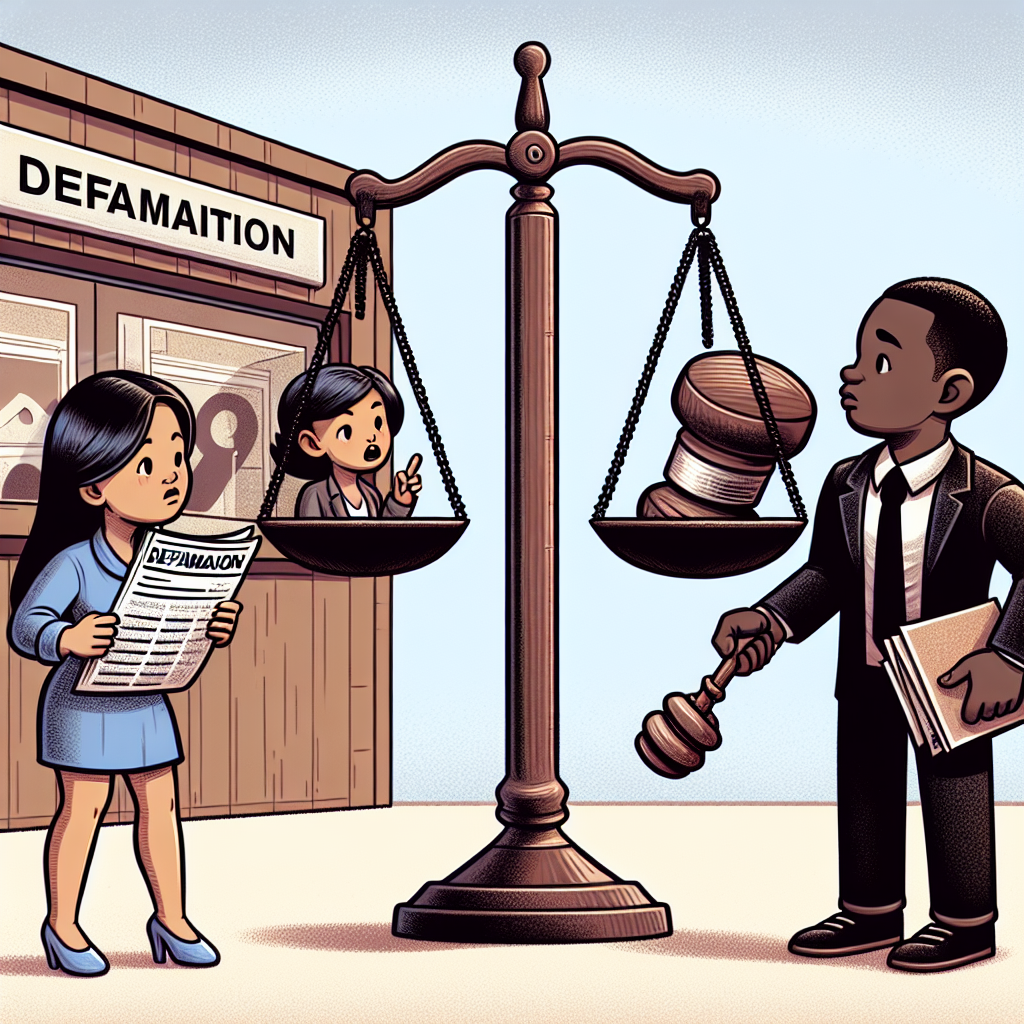Supreme Court Eases Path for 'Reverse Discrimination' Claims
The U.S. Supreme Court, in a unanimous decision, has made it easier for majority-group individuals, such as white or heterosexual people, to file "reverse discrimination" workplace claims. This revives Marlean Ames's lawsuit, who alleges she faced employment bias due to her sexual orientation under Title VII of the Civil Rights Act of 1964.

The U.S. Supreme Court has issued a significant ruling that simplifies the process for individuals from majority groups, such as white or heterosexual employees, to file workplace "reverse discrimination" claims. The decision comes in response to Marlean Ames's lawsuit, wherein she alleged discrimination by Ohio's Department of Youth Services due to her sexual orientation.
In their unanimous ruling, the justices dismissed a lower court's stance that imposed heightened proof requirements on majority-group plaintiffs under Title VII of the Civil Rights Act of 1964. This decision affirms the legal protection against discrimination for all individuals, regardless of their minority or majority status.
The case reflects the broader societal debate over workplace diversity policies, with increasing scrutiny and legal challenges to such initiatives in both public and private sectors. Conservative groups have rallied against diversity efforts, emphasizing perceived biases against majority groups.
(With inputs from agencies.)










